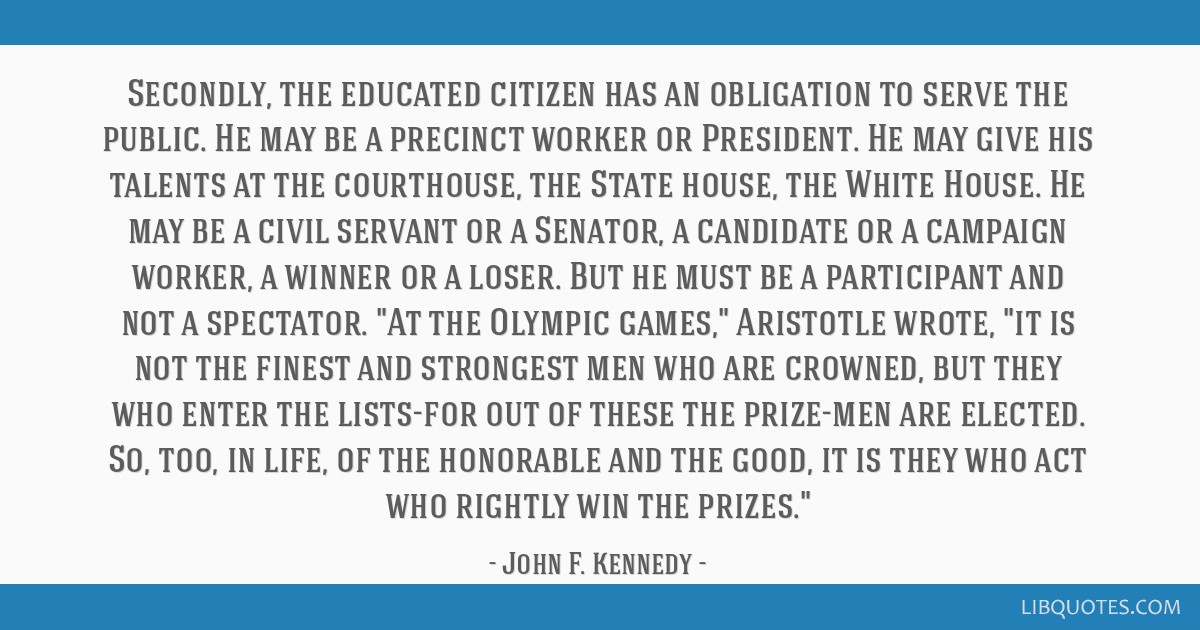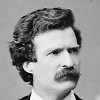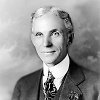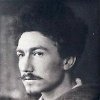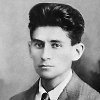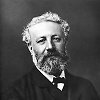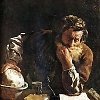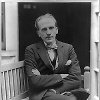Secondly, the educated citizen has an obligation to serve the public. He may be a precinct worker or President. He may give his talents at the courthouse, the State house, the White House. He may be a civil servant or a Senator, a candidate or a campaign worker, a winner or a loser. But he must be a participant and not a spectator. "At the Olympic games," Aristotle wrote, "it is not the finest and strongest men who are crowned, but they who enter the lists-for out of these the prize-men are elected. So, too, in life, of the honorable and the good, it is they who act who rightly win the prizes."
Address at Vanderbilt University, 18 May 1963
